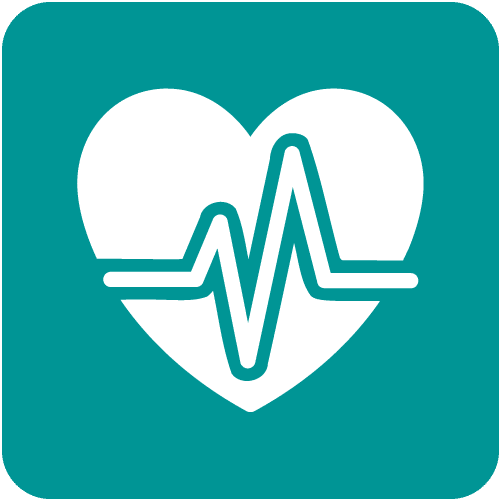
Blueprint is a research study and remote care program powered by

“As survival has improved for the 2 million people with cardiorespiratory failure managed annually in US intensive care units (ICUs), research has clarified how these survivors suffer from severe and persistent symptoms of psychological distress-depression, anxiety, and post-traumatic stress disorder (PTSD)-after discharge. However, few interventions exist that are relevant to patients’ experiences and that also accommodate their many physical, social, and financial barriers to personalized care. To fill this gap, we developed a telephone- and web-based coping skills training (CST) program.
CST is an empirically-supported psychosocial intervention that targets the use of the adaptive coping skills to decrease psychological distress and improve quality of life. We conducted a multicenter randomized clinical trial (RCT) called CSTEP that compared CST to an education program (EP) among a general sample of ICU survivors who received mechanical ventilation for cardiorespiratory failure. CST reduced depression symptoms and improved quality of life at 6 months in a pre-specified subgroup with elevated baseline distress. This RCT also identified key questions regarding best practices for identi-fying patients who are highly distressed yet whose physical illness is manageable, as well as delivering the intervention in a more convenient, and scalable manner. In a recent RCT testing a mindfulness intervention (LIFT), we found that a self-directed mobile app approach increased dose, adherence, and retention. However, many patients reported low enthusiasm for a meditation-based intervention.
What is needed before a second multicenter RCT is to apply the promising CST content to a LIFT-inspired mobile app-based delivery system, and then to test it within a targeted patient population with a high likelihood of response (i.e., high baseline psychological distress). Therefore, we propose a 2-year R34 mixed-methods project that includes a pilot RCT in which we will randomize 45 cardiorespiratory failure / insufficiency survivors to one of three arms in equal ratios: intervention plus therapist for non-responders (n ~15), intervention without a therapist (n ~15), and usual care control (n ~15). Randomization will be stratified by ICU service (medical vs. surgical), baseline HADS score (<14 vs. ≥14), and age (<50 vs. ≥50). Our specific aims will: (1) Optimize the usability of a self-directed mobile app (Blueprint) and an automated post-discharge distress screening system; (2) Test two promising iterations of Blueprint vs. usual care in a pilot 3-arm RCT with 3-month follow up, and (3) Explore facilitators and barriers to Blueprint implementation, using these data to inform any necessary final revisions to the Blueprint app.” – (Clinicaltrials.gov Identifier: NCT04329702)
Contact Us for more information.
Related Publications
- Cox, C. E., S. A. Kelleher, E. H. Pratt, A. Parish, M. K. Olsen, and L. S. Porter. “A Self-Guided App-Based Adaptive Coping Skills Training Intervention for Patients with Cardiorespiratory Failure: The Blueprint Pilot RCT.” In American Journal of Respiratory and Critical Care Medicine, Vol. 205, 2022.
- Blueprint: Digital Health Spotlight